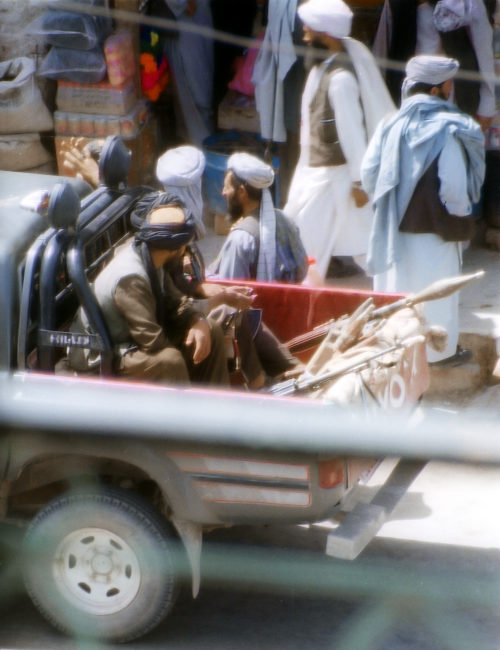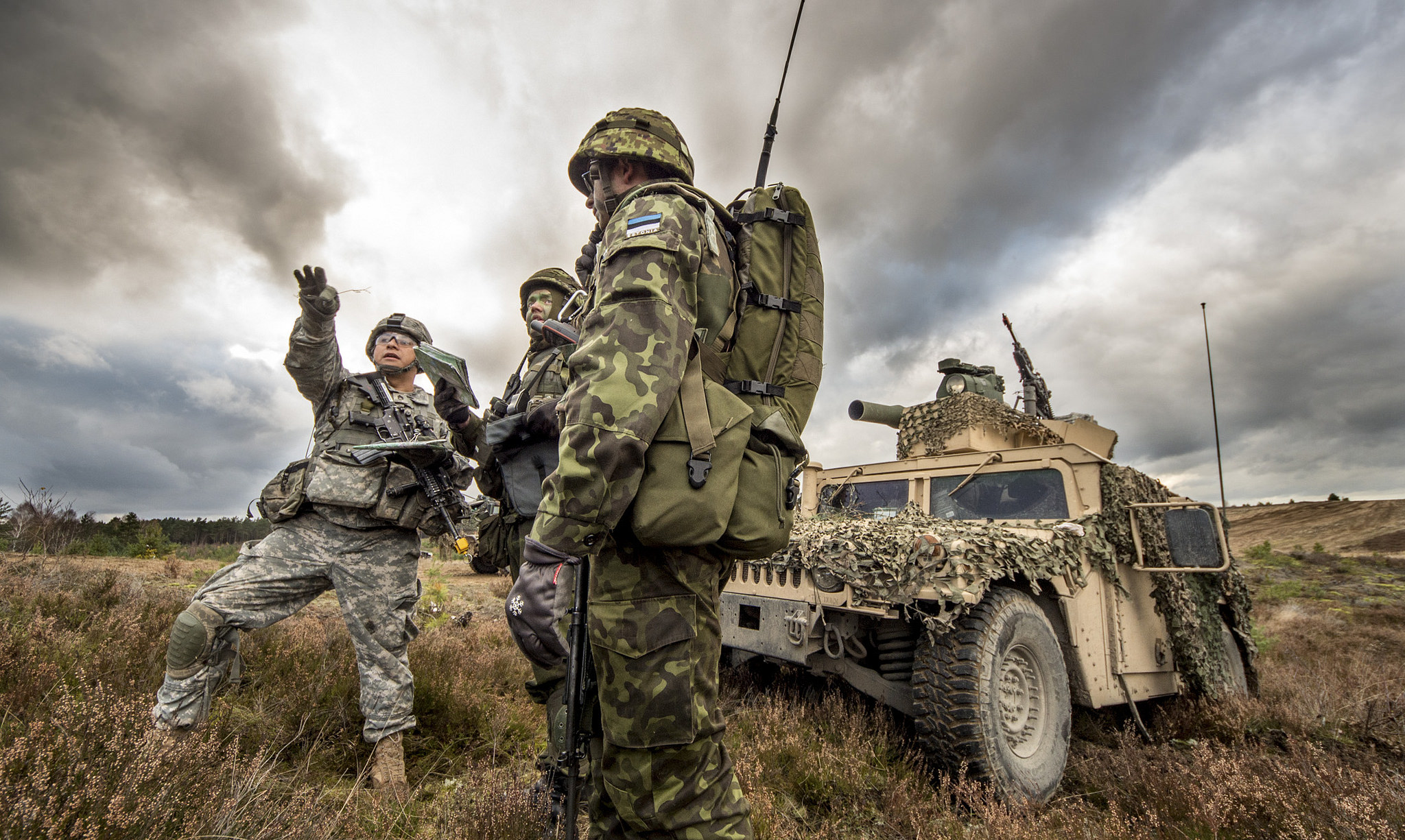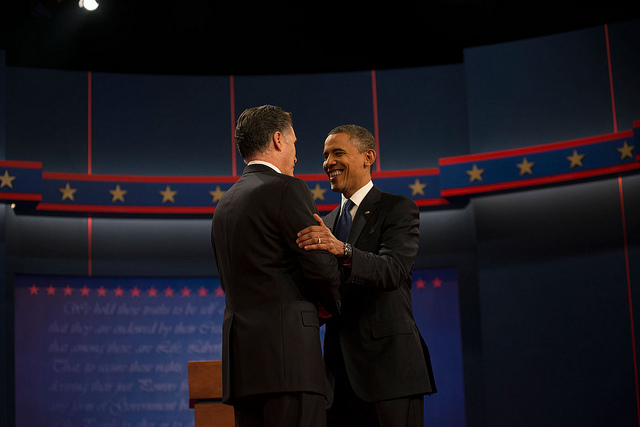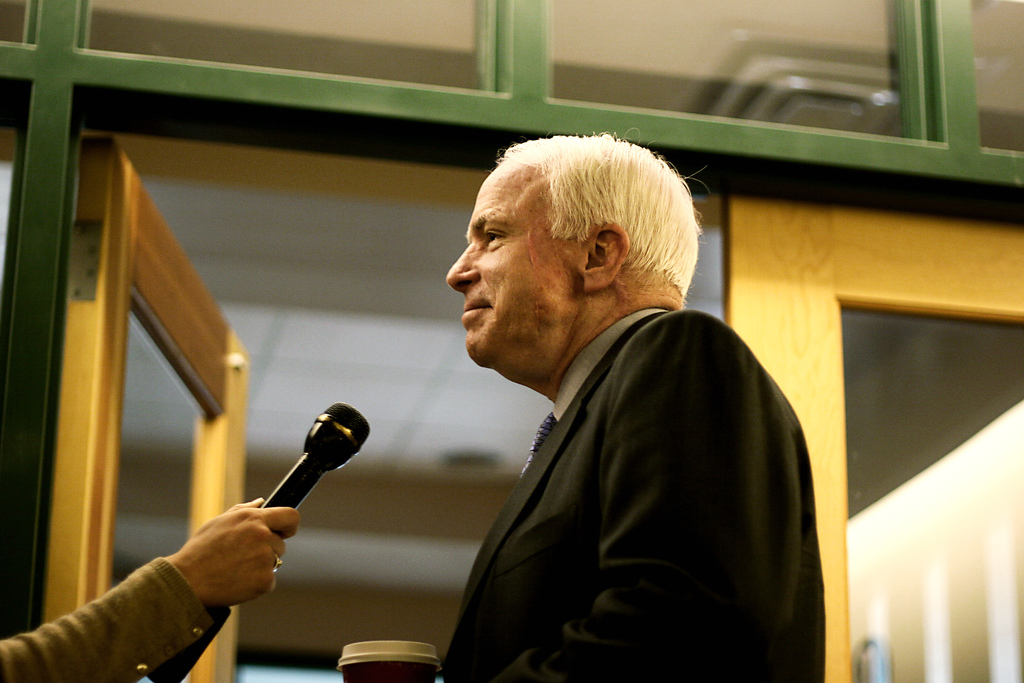Guest Post by Florian Weigand, London School of Economics
15 years after the international intervention, news from Afghanistan are gruesome. Repeatedly heavy explosions shake Kabul, killing masses of people. Many embassies and international NGOs active in the country have reduced their staff numbers to a bare minimum, managing their projects remotely. Looking behind the security belt that surrounds Kabul, not even 60% of Afghanistan’s districts are controlled or influenced by the government.
The most prominent armed opposition group in Afghanistan are the Taliban. Since being ousted in 2001, they have long been regaining influence in the country. And while the Taliban are still portrayed as violent extremists – and, indeed, they are responsible for a high number of civilian casualties – it is difficult to imagine that they govern parts of the country on the basis of coercion only, without any local legitimacy. This is confirmed by the Asia Foundation’s annual survey, which shows that 16.7% of Afghanistan’s population in areas accessible for researchers have sympathy for armed opposition groups today.
Various assumptions exist about how to legitimize authority in conflict zones and specifically Afghanistan, including religion, elections, local traditions and the provision of services. These ideas have also been adopted by policy makers and were applied in the international community’s attempts of statebuilding and reconstruction in Afghanistan, at the cost of billions of US dollars. After aiming at establishing a democratic Weberian state, the focus has now shifted to using supposedly traditional structures in order to enhance the local legitimacy of the Afghan state. Despite huge efforts, the success has been limited.
So how do the Taliban construct local legitimacy more successfully than the state in some parts of Afghanistan? I investigate this question in an article recently published in the Journal of Intervention and Statebuilding. To gain a better understanding of the Taliban’s legitimacy I conducted interview-based research in Afghanistan’s eastern province Nangarhar and explored how they are perceived locally.
The findings show a divided picture. People in Nangarhar’s provincial capital Jalalabad perceive the Taliban as a threat, responsible for attacks as well as criminal activities such as kidnappings and robberies. It looks as if the Taliban here and in many other urban areas of Afghanistan, such as particularly Kabul, were not even trying to construct legitimacy, but were focusing on undermining the legitimacy of the state, showing that it is incapable of protecting its citizens.
However, in more rural areas which the Taliban control or can access at certain times of the day, some people openly support the group. My research shows that it is not necessarily ‘big’ ideological concerns, such as religion or tradition, which underpins this support. Instead, people perceive the Taliban’s day-to-day behavior and procedures, particularly with regard to conflict resolution, to be faster and fairer than that of the Afghan state. While some people acknowledge that the Taliban are also corrupt, they may nonetheless perceive them as the lesser of two evils, thinking that the Taliban are at least less corrupt than the state, treating people who are subject to their authority in a more equal and predictable manner.
Overall, the findings illustrate that people make pragmatic decisions about whom they support. Ideology is not much of a concern. Nonetheless, people do not only support the Taliban because they are more useful for them. Values matter too. People expect procedures and interactions to be fair and respectful. It seems as if in the highly corrupt context of Afghanistan, people’s immediate concern is having any rule of law – regardless of its ideological sources.
It would be wrong to conclude that the Taliban are generally more legitimate than the state in Afghanistan. Many, if not most, perceive the Taliban as a threat to their security. But undoubtedly there are some people who do prefer the authority of the Taliban over the state. The Afghan state cannot win its fight against the Taliban on the battlefield only – it also has to construct legitimacy more successfully. For doing so, the state could learn from the Taliban and build legitimacy by treating people with more respect on a day-to-day basis, delivering services in a fairer way and reducing the level of corruption people experience when interacting with the state.
Florian Weigand is a PhD researcher at the London School of Economics and Political Science (LSE), funded by the Economic and Social Science Research Council (ESRC). He works on authority and legitimacy and the dynamics of violent conflicts. His recent publications include Afghanistan’s Taliban – Legitimate Jihadists or Coercive Extremists? and Intervention at Risk: The Vicious Cycle of Distance and Danger in Mali and Afghanistan. You can follow him on Twitter @florian_weigand.






